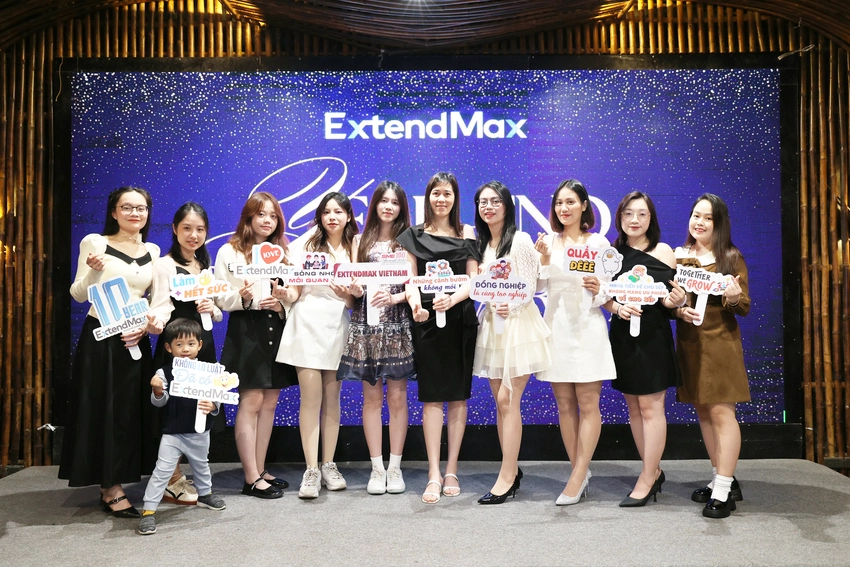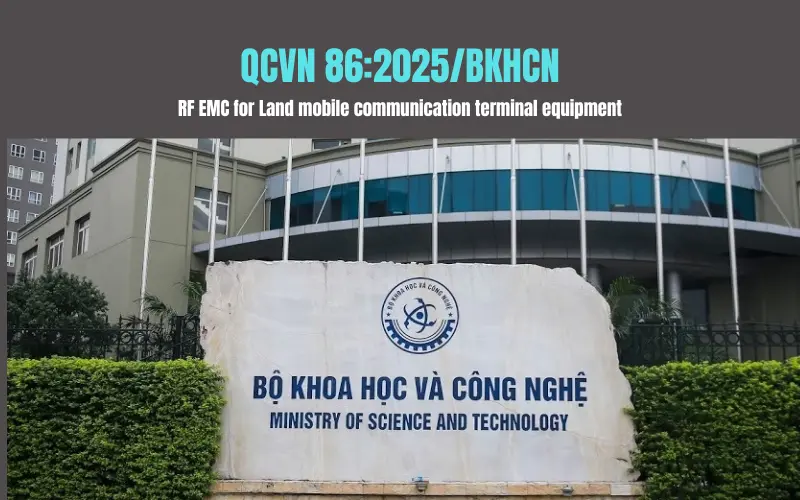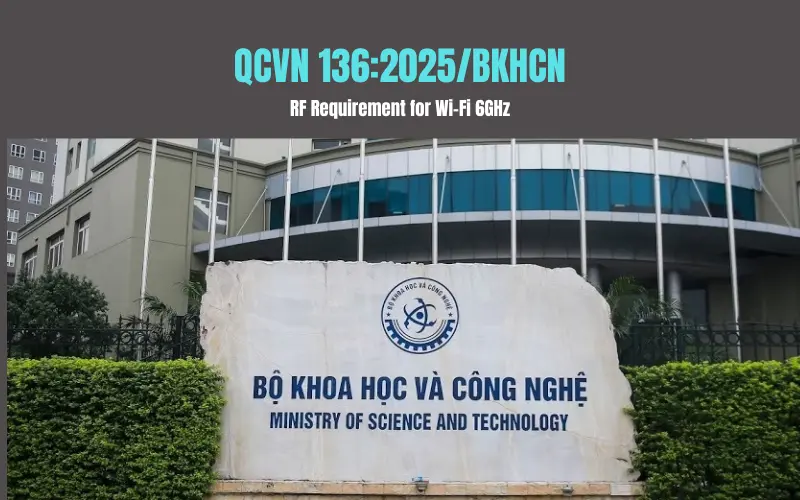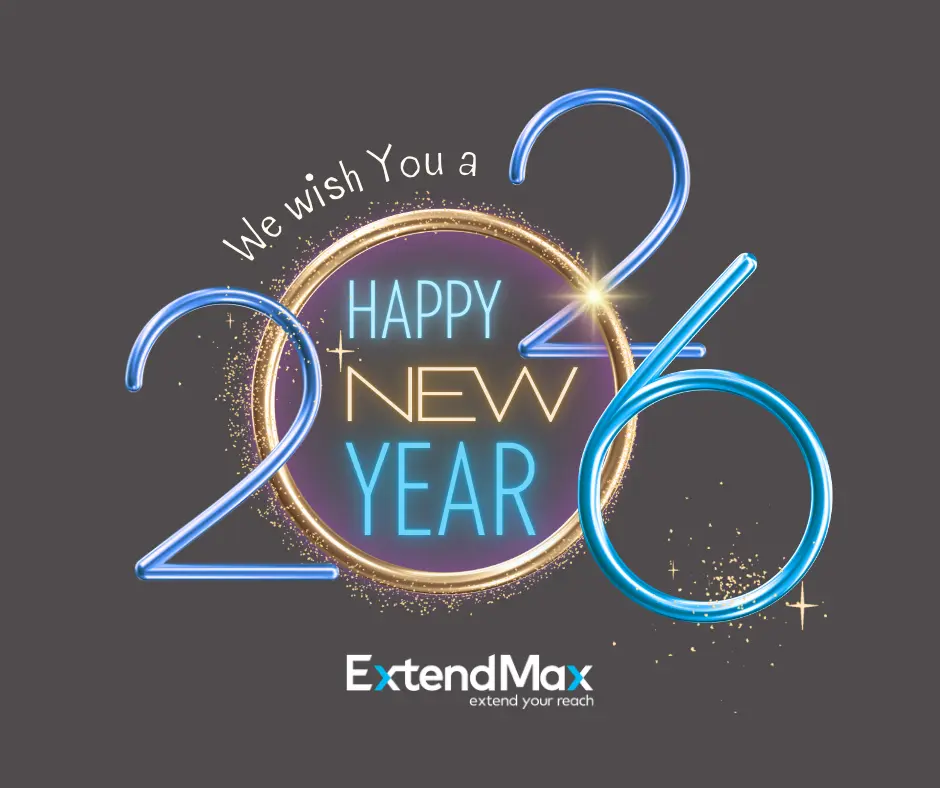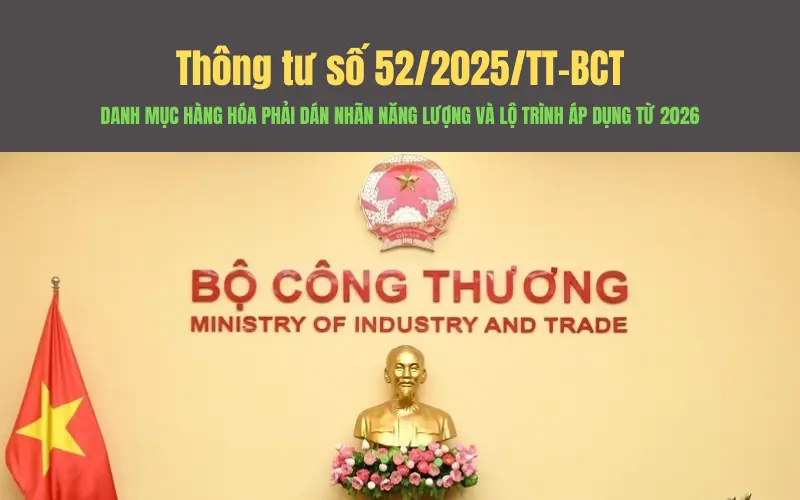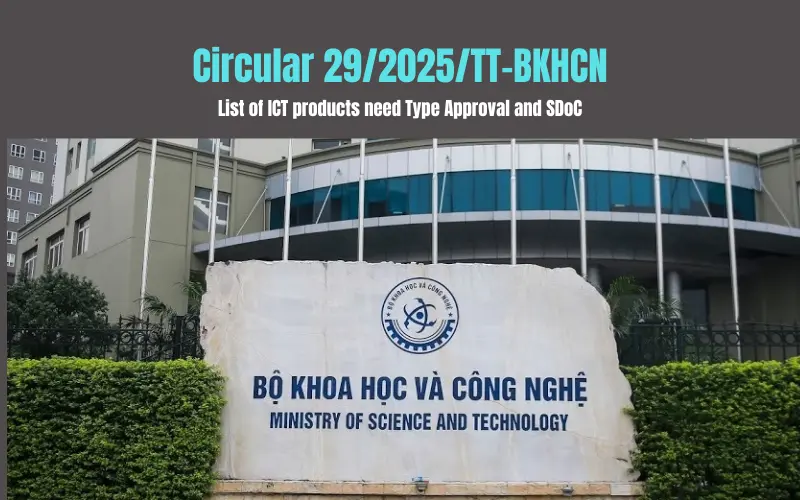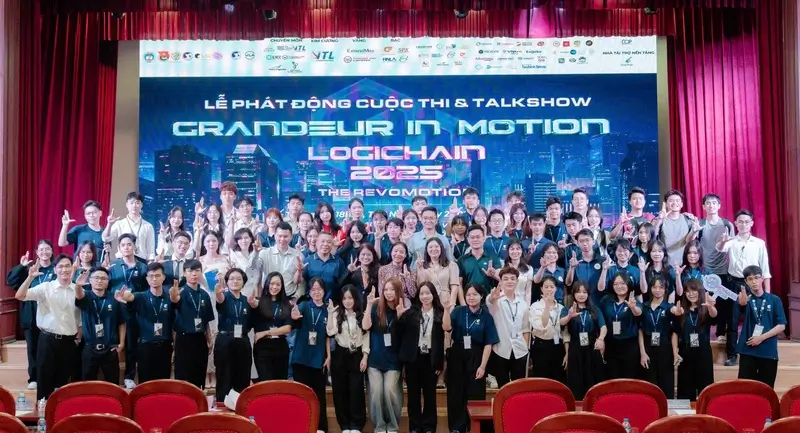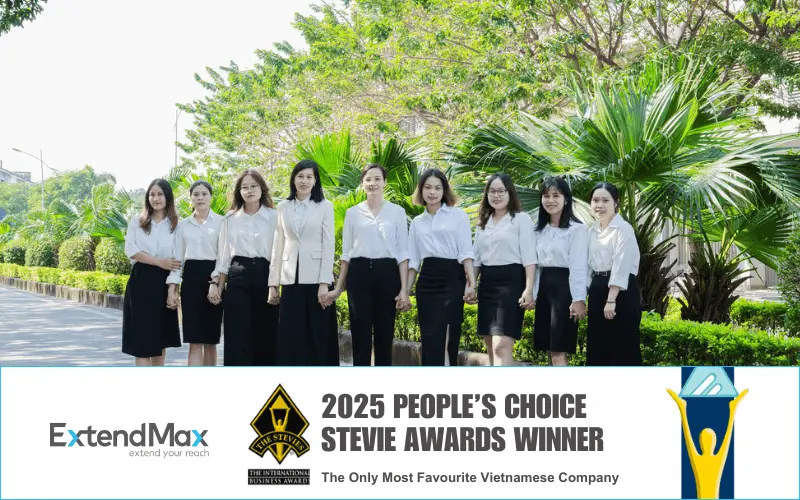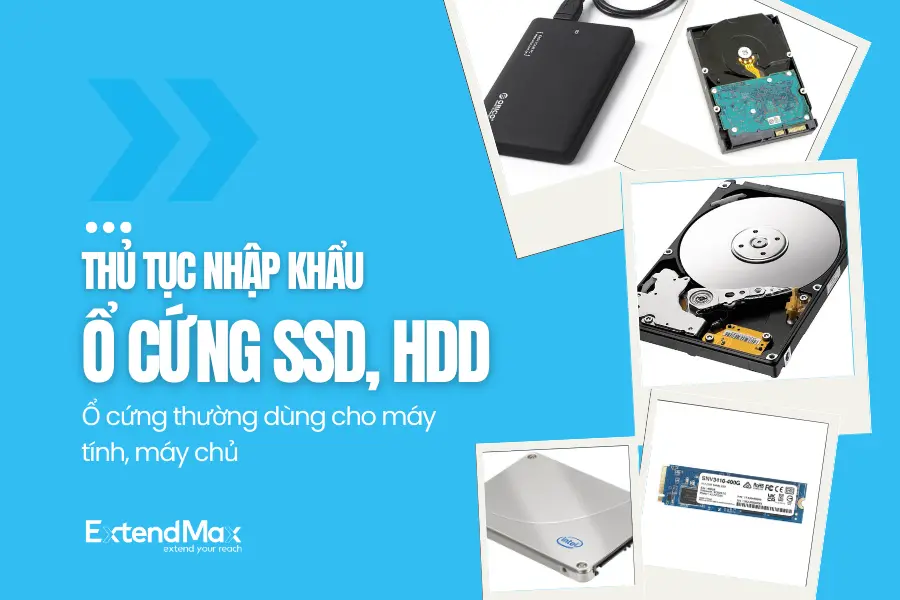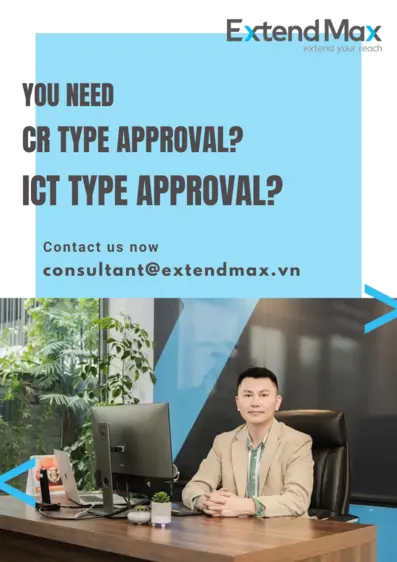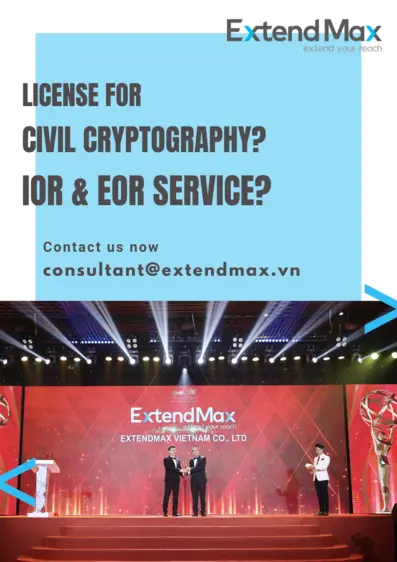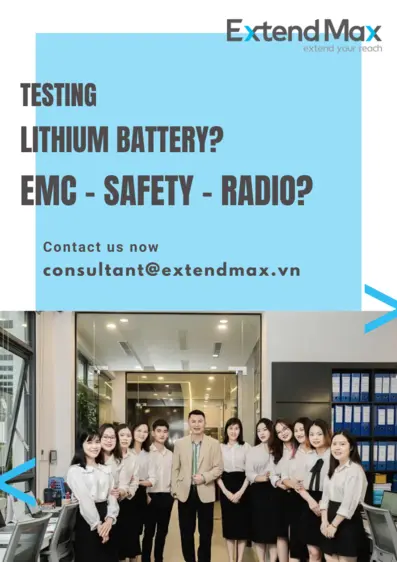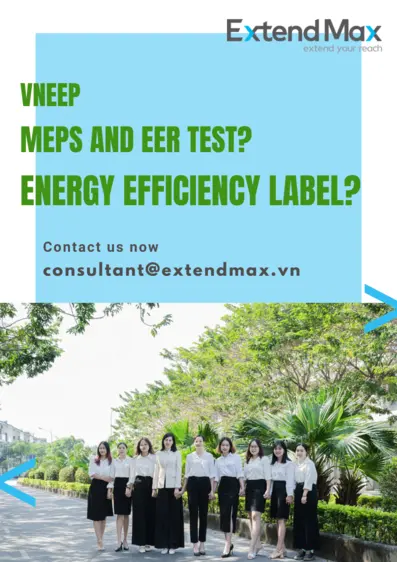EXTENDMAX – Lithium batteries are becoming one of the leading energy storage technologies today due to their high voltage ratings, low self-discharge, and proven reliability. Today, lithium batteries are used in everyday life everywhere, with a variety of applications such as portable devices like mobile phones, tablets, laptops (usually lithium 12v battery types), barcode scanners, power banks, household appliances such as robot vacuum cleaner, handheld vacuum cleaner, hand-held blenders, karaoke microphones, balance wheel electric scooters, or in other means of transport such as lithium batteries for electric motorcycles (eMotorbike) (48V type) or electric bicycles (e-bike), and most recently, lithium batteries for electric cars, UPS in solar power systems. So are the market access requirements to import lithium ion battery complicated? How many steps does the import procedure include, is it necessary to apply for imported product quality inspection? What is the HS code of the lithium battery? How much is the import tax for li-ion batteries? Lithium batteries used for electric motorcycles, electric bicycles, electric cars have to perform what specialized inspection procedures, conformity or registration? Is there any difficulty in importing lithium batteries for phones, tablets and laptops? What documents are required to announce the conformity of lithium polymer batteries for phones, tablets and laptops? Let's find the answers to all the above questions through this tutorial of ExtendMax.
1. What is a lithium battery? What types of Lithium batteries are there?
Lithium battery, also known as Lithium Ion battery or Li-ion battery, is a battery that uses a lithium compound as an electrode material and is rechargeable (also known as a secondary battery). During use, lithium ions will move from the negative electrode to the positive electrode. When the battery runs out of energy and recharges these ions will move back from the positive electrode to the negative electrode.
This type of battery is widely used in life such as in personal computers, phones, electronic toys, electric vehicles, as well as being developed in the military, in vehicle applications. powered by electricity (such as electric bicycles, electric motorbikes, etc.) and aeronautical engineering.

According to the development of energy storage technology, there are many types of lithium batteries, which are classified into 2 main groups.
a. Classification of Li-Ion batteries by electrolyte
Lithium-Ion battery
Lithium-Ion also known as Li-Ion battery is one of the most widely used rechargeable batteries for electronic devices such as laptops, mobile phones or in solar power systems. . They use liquid electrolytes, have high energy density and have no memory effect. Like all batteries, Lithium-Ion batteries consist of three essential components including a positive electrode, a negative electrode, and an electrolyte. In most Lithium-Ion batteries, the positive electrode is a metal oxide, the negative electrode is carbon, and the electrolyte is a Lithium salt in an organic solvent.
Typically lithium-ion batteries will have an electrical circuit or a battery management system to monitor voltage and temperature, making them more expensive than other types of batteries. However, lithium batteries offer many other benefits such as long service life, high charging and discharging efficiency as well as lighter weight and no maintenance.
Currently on the market there are lithium batteries with different electrode compounds including: Lithium Cobalt Oxide (LCO), Lithium Manganese Oxide (LMO), Lithium Nickel Manganese Cobalt Oxide (NMC), Lithium Nickel Cobalt Aluminum Oxide Battery (NCA) and Lithium Iron Phosphate Battery (LFP).
Lithium Polymer Battery
Li-Po batteries have the full name of Lithium-Ion Polymer, which is shortened to Lithium-Polymer to avoid confusion with Li-Ion. LiPo batteries do not use a liquid electrolyte, but instead use a dry polymer electrolyte, similar to a thin piece of plastic film. This film is sandwiched (actually a foil) between the anode and cathode of the battery allowing ion exchange – hence the name lithium polymer. In addition, with a structure like thin film layers put together, Li-Po batteries are easy to change shape and style to better fit the device, not to mention the need for a hard outer shell, so this battery usually has a lot of weight. much lighter amount. Li-Po batteries have a higher capacity and better internal short-circuit and impact resistance than Li-Ion batteries, but typically have 30% higher manufacturing costs than Li-Ion batteries. With the above advantages, usually Li-Po batteries are used for vehicles such as electric motorcycles, electric bicycles, electric cars or portable devices that require higher safety features such as mobile phones. , laptops, tablets.
In terms of appearance, it will be difficult to identify which battery is Li-Ion or Li-Po batteries.
Classification of Lithium Ion batteries by way of installation
Removable lithium battery
A removable battery in English is called a removable battery, which is a removable battery that users can replace themselves when the battery fails. You can usually find this type of battery in older phones or laptops. Because it is user-replaceable, the removable battery is encased in a molded case to ensure user safety.

Built-in lithium battery
A type of battery that is designed to be built into the machine, normally will be glued to the circuit board, can only be replaced by professional service facilities. Batteries in newer phones and computers such as iPhones, macbooks, and samsung phones are mostly built-in batteries because they have the advantage of being compact and can be designed with a shape that matches the design of the device to bring efficiency. the highest aesthetic result and occupy the smallest area.

Sort by origin, brand
Genuine battery
Genuine iPhone battery or samsung battery is a type of battery manufactured by Apple or Samsung suppliers according to its design and standards, affixed with its brand, and usually distributed only through authorized stores, authorized dealer, or genuine warranty facility. These batteries are of high quality and safety, but they are also more expensive than the replacement batteries that we will learn more about below.
Replacement battery
A type of battery produced by a 3rd party manufacturer for the purpose of being able to replace the genuine product at a lower cost than the genuine product. Usually, this type of battery has the same external design as the genuine product (only different brands and manufacturers), the voltage parameters are the same as the genuine ones, and the theoretical capacity is approximately the same as the genuine battery. However, in reality, the replacement battery is of lower quality than the original, usually lower in capacity and quickly drains the battery, and must be recharged. Depending on the manufacturer, in some cases the quality of the replacement battery may be close to the original, but there are also cases where the actual capacity level is 20% lower than the theoretical capacity. An example for this case is the battery label with a capacity of 5000 mAh but in reality we measured it can only reach 4300 ~ 4500 mAh.
Sort by application product
Lithium batteries for portable devices
Li-ion batteries used for portable devices such as mobile phones, tablets, laptops, power banks, handheld vacuum cleaners, hand blenders often use prismatic Li-Po batteries. cylinders, with common voltage levels in the range of 3.7V to 15V. The most common are 3.7V lithium batteries for phones and 12V lithium batteries for laptops.
In the past, old computer batteries often used cylindrical battery cells (cells) of size 18650 and assembled. However, along with the development of technology, the current new computer batteries all use integrated batteries with very thin rectangular battery cells with high capacity that can reach 100 Wh.
Lithium battery for vehicle use
Lithium batteries for electric motorcycles, electric bicycles, or electric cars are commonly known as lithium batteries with a voltage rating as high as 50V, manufactured from 18650 cylindrical Li-Po battery cells. or 26650 or 32650. This type of lithium battery is also designed into 2 types including user-replaceable (electric motorcycle battery) or integrated into the vehicle's chassis (car battery)

Lithium batteries used for other products
In life, lithium batteries are also used in many products such as uninterruptible power supplies (UPS) in solar power systems, or UPS of elevators, UPS of office computer systems, or used in industrial applications. household products, products serving security and defense. However, there are currently no specialized testing regulations for these types of products, so we do not analyze them in depth.
2. Import duties and VAT apply to lithium batteries
Preferential import tax depends on the origin of the product, with different relative tax rates. Specific import tax rates are as follows
(This tax rate may change from time to time, you should check the import tax rate of lithium batteries at the time of importation)
| Classification of Tax and Duty | Rate % | Legal basis |
| VAT | 10% | 83/2014/TT-BTC |
| Normal import tax | 37.5% | 45/2017/QĐ-TTg |
| Preferential import tax | 25% | 57/2020/NĐ-CP |
| Form E Asean – China FTA (ACFTA) | 15% | 153/2017/NĐ-CP |
| Form D Asean (ATIGA) | 0% | 156/2017/NĐ-CP |
| Form AJ Asean – Japan (AJCEP) | 30% | 160/2017/NĐ-CP |
| Form VJ Asean – Japan (VJEPA) | 0% | 155/2017/NĐ-CP |
| Form AK Asean – Korea FTA (AKFTA) | Imported goods are not entitled to the AKFTA tax rate at the corresponding time | 157/2017/NĐ-CP |
| Form AANZ Asean – Australia – New Zealand FTA (AANZFTA) | 0% | 158/2017/NĐ-CP |
| Form AI Asean – India FTA (AIFTA) | Imported goods are not entitled to the AIFTA tax rate at the corresponding time | 159/2017/NĐ-CP |
| Form VK Vietnam – Korea FTA (VKFTA) | 7.5% | 149/2017/NĐ-CP |
| Form VC Vietnam – Chile FTA (VCFTA) | 34% | 154/2017/NĐ-CP |
| Form EAV VN-EAEU FTA | 0% | 150/2017/NĐ-CP |
| Form CPTPP Special preferential import tax incentives CPTPP (Mexico) | 7.7% | 57/2019/NĐ-CP |
| Form CPTPP Special preferential import tax CPTPP (Australia, Canada, Japan, New Zealand, Singapore, Vietnam) | 0% | 57/2019/NĐ-CP |
| Form AHK Asean – Hong Kong, China FTA (AHKFTA) | Imported goods are not entitled to AHKFTA tax rates at the corresponding time | 07/2020/NĐ-CP |
| Form EUR1 Vietnam – EU FTA (EVFTA) | 16.6% | 111/2020/NĐ-CP |
3. Dossier of documents required for importing lithium batteries
A set of import dossiers applicable to normal products (group 1 goods, not subject to special import policies or goods subject to specialized inspection) includes:
Commercial Invoice for goods purchased from abroad and with payment. Or Proforma Invoice, None-commercial invoice or shipping invoice for non-payment goods such as gifts, FOC goods, warranty goods not payable..
- Bill of lading (sea waybill) or Air Way Bill (house bill)
- Commercial Contract or Purchase Order or non-commercial consignment notice
- Certificate of Origin (COO) in case the importer wants to enjoy preferential import tax
- Packing List (itemizes the contents of each package (box, pallets, etc))
- Technical documentation of the product (to determine the function, HS code, applicable import policy)
- Other documents like certificate of quality, CE test reports (if any)
However, the above set of documents only applies to normal products (product under group 1), no special import policy or specialized inspection is required. Do lithium batteries require special licensing or specialized testing? Our answer is that certain types of lithium batteries or lithium batteries are subject to state quality inspection and specialized inspection to be imported into Vietnam. Therefore, the set of import documents will be more than that of normal products. At the same time, importer will have to do some additional procedures such as registering for state quality inspection before opening customs declarations for imported shipments.
4. Applicable regulations for lithium batteries
The legal documents regulating the import procedure for lithium batteries are issued by various state management agencies, the specific contents are summarized as below
Legal basis under MIC management scope for ICT approval
(applies to lithium batteries for portable devices including mobile phones, tablets, and laptops)
→ Circular 02/2024/TT-BTTTT stipulating the list of products and goods subject to regulation conformity certification and/or regulation conformity announcement (list of group 2) goods within the scope of responsibility of the Ministry of Information and Communications
→ Circular 15/2018/TT-BTTTT and Decree 74/2018/ND-CP stipulating procedures for state quality inspection for imported goods
→ Circular 10/2020/TT-BTTTT stipulating the method of regulation conformity certification and announcement of conformity of products managed by the Ministry of Information and Communications
→ QCVN 101:2020/BTTTT National technical regulations issued by the Vietnam MIC and applied to lithium batteries used for mobile phone, tablet, and laptop (only these host devices)
Regulations of the Ministry of Transport
(applicable to lithium batteries used for electric motorcycles and electric bicycles)
Circular No. 12/2022/TT-BGTVT of the Ministry of Transport - stipulating the list of products and goods capable of causing unsafety under the state management responsibility of the Ministry of Transport (also known as the Ministry of Transport). the list of group 2 goods or the list of products subject to regulation conformity certification and announcement)
Circular No. 45/2012/TT-BGTVT of the Ministry of Transport - Regulations on quality inspection, technical safety and environmental protection in the production and assembly of motorcycles and mopeds conformity certification for batteries)
QCVN 91:2019/BGTVT - Technical regulation on batteries used for electric motorcycles and electric mopeds (including lead-acid batteries, Nickel metal hydride batteries and lithium batteries). Applicable to batteries with HS code 4 numbers 8507
QCVN 76:2019/BGTVT - Technical regulation on batteries used for electric bicycles (including lead-acid batteries, Nickel metal hydride batteries and lithium batteries). Applicable to batteries with HS code 4 numbers 8507
QCVN 47:2019/BGTVT - National technical regulation on lead-acid and Lithium-ion batteries used for starting and/or for auxiliary equipment used for motorcycles and mopeds. Applicable to lithium batteries with HS code 4 digits 8507
Other regulations applicable to lithium batteries
In 2019, the Ministry of Science and Technology issued a draft technical regulation on lithium batteries used for household products and toys, including backup chargers, batteries for robot vacuum cleaners, cameras, and handheld microphones. , electric fan, electric lamp... It is expected that this technical regulation will be issued soon and take effect.
Although there is no specific state regulation that requires users to collect and dispose of them, used batteries are causing headaches for people to handle them. Because waste batteries are not ordinary garbage, they contain a lot of chemicals that are harmful to health. Batteries cannot be disposed of in the trash with other waste and must be collected and disposed of separately. If not classified, properly disposed of will become a hazard to the environment and human health. In batteries, there are often heavy metals such as lead, mercury, cadmium and arsenic, which are extremely toxic and dangerous to the brain, kidneys, heart and human ability to reproduce. We recommend that you collect used batteries and give them to collection points at supermarkets and commercial centers for separate treatment to ensure safety for the environment.
Manufacturers can participate in the green label program of the Ministry of Natural Resources and Environment to increase brand reputation and demonstrate product quality.
5. Summary of market access requirements applicable to lithium batteries.
According to the legal basis mentioned above, we can conclude as follows
1) Lithium batteries used for mobile phones, tablets and laptops with HS codes 85076090 and 85076010 must apply for product quality inspection registration procedures for imported goods at the Vietnam Telecommunication Authority (VNTA) and declaration of conformity according to regulations of the Ministry of Information and Communications
2) Lithium batteries used for electric motorcycles and eBike with HS code 4 digits 8507 must apply for product quality inspection registration procedures for imported goods at the Vietnam Register (VR) authority and apply for type approval certification and declaration of conformity according to regulations of the Ministry of Transport
3) In addition to the two groups of lithium batteries mentioned above, other types of lithium batteries such as UPS, power banks, lithium batteries used for household appliances, etc. are not subject to specialized inspection, not yet subject to conformity certification.
4) For batteries used for mobile phones, tablets and laptops imported for the self-use purpose of importing organizations or individuals, the product will be exempted from regulation conformity announcement procedures. After registering for quality inspection, the importing enterprise shall make a written notice of its self-use purpose and submit it to the Department of Telecommunications to complete the import process. However, these products are not allowed to be sold in the domestic market.
5) In case the enterprise imports lithium batteries in small quantities, without enough samples for testing according to QCVN 101:2020/BTTTT, the enterprise can request the VNTA to approve the declaration of conformity based on IEC 62133-2:2017 test report issued by ISO / IEC 17025 test report.
The general procedures we guide below are applicable to products imported for commercial purposes, sold to a third party (B2B sales model) or sold to consumers (B2C model). Import procedures at the Vietnam Register and the VNTA are relatively similar, only the testing part and the method of declaration of conformity are different.
a Procedures applicable to imported lithium batteries
(1) Apply for product quality inspection registration process for products
(2) Submit the product quality inspection registration form to the customs authority
(3) Complete customs clearance for the products and taking the goods to the warehouse
(4) Product testing according to applicable technical regulations
(5) Apply for Type Approval for lithium batteries used for eBike and eMotorbikes at VR
(6) Submit Self-assessment Declaration of Conformity (SDoC) to VNTA or VR
(7) Putting ICT conformity mark or CR mark on the products or its packaging box before sale
Notes:
→ For the procedure for announcing the technical-regulation conformity for lithium batteries used for phones, tablets and lithium batteries at the VNTA, applicant make self-assessment of conformity on the basis of test results at a laboratory designated by the Ministry of Information and Communications. At the moment, the MIC is only required to apply for the safety criteria specified in section 2.6 of QCVN 101:2020/BTTTT, not yet for the performance requirements.
→ For the procedure for announcing the regulation conformity for lithium batteries used for electric motorcycles and electric bicycles, enterprises shall declare the conformity with the certificate of conformity issued by the VR.
b Procedures applicable to locally manufactured batteries
(1) Product testing according to applicable technical regulations
(2) Apply for Certificate of Conformity for batteries used for eBike, eMotorbikes at VR
(3) Apply for Declaration of Conformity (DoC) certificate issued by the VNTA or the VR
(4) Putting conformity mark (ICT mark or CR mark) on the product or its packaging box before sale
6. Test the lithium battery at local laboratories designated by Vietnam authorities.
→ Importer or manufacturer conduct testing of lithium battery products for phones, tablets and laptops at domestic testing laboratories designated by the MIC or foreign laboratories approved by the MIC. The MIC or the VNTA only acknowledge the test results QCVN 101:2020/BTTTT under the MRA mutual recognition agreement. Normally, battery testing will take 1-2 weeks.
→ Tests according to QCVN 101:2020/BTTTT require modern equipment, in which special attention is given to vibration testers, shock tester, internal short circuit tester are important measurements in the safety testing criteria according to section 2.6 of QCVN 101:2020/BTTTT that only a few modern laboratories have. Customers can test all measurements of QCVN 101:2020/BTTTT including the above criteria at ExtendMax's VNCA test laboratory to ensure compliance with regulations, without errors and hassles after.
→ For lithium batteries used for electric motorcycles and electric bicycles, enterprises test them at the Motor Vehicle Testing Center of the VR authority. In the future, when the Ministry of Transport socializes the testing of lithium batteries for motorcycles, VNCA will apply for designation and participate in providing services.
7. Certificate of conformity for lithium batteries used for e-motorcycles and e-bicycles
(not yet mandatory for other lithium batteries, other than those used for motorcycles and bicycles)
After testing the battery, the company importing and assembling electric motorcycles and electric bicycles submits a dossier of certification of battery conformity at the Registry Department. The conformity certification procedure is quite complicated with many different certification methods, we will publish a separate article to guide the conformity certification procedure for lithium batteries.
8. Declaration of conformity, self-assessment of conformity for lithium batteries
Based on the issued Type Approval Certificate (for vehicle batteries) or test results (for lithium batteries used for phones, tablets and laptops), the applicant must continue to carry out the following steps: Procedures for declaration of conformity at the VNTA (for batteries used for information technology equipment) and the VR (for vehicle batteries).
a Procedure for Declaration of Conformity for imported batteries:
The applicant (importer) prepares a dossier of declaration of conformity (self-assessment declaration of conformity) for the consignment, including:
For batteries used for mobile phone, tablet, laptop PC
(1) Self-assessment declaration of conformity form according to Decree 74/2018/ND-CP
(2) A copy of the certificate of registration for quality inspection of the consignment
(3) Registered ICT mark (with CODE) of the importer for the first time or when having a change in ICT mark.
(4) Product technical specifications document (data sheet, specifications, user manual)
For imported products, the procedures for declaration of conformity shall be completed as soon as the VNTA receives the above-listed dossiers. "Notice of receipt of the Declaration of Conformity" has been terminated for imported products since 2018 by the VNTA
For batteries used for e-bike and eMotorbike
(1) Self-assessment declaration of conformity form according to Decree 74/2018/ND-CP
(2) A copy of the certificate of registration for quality inspection of the consignment
(3 Product technical specifications document (data sheet, specifications, user manual)
(4) A copy of Type Approval certificate of the product
b Procedures for declaration of conformity for domestically produced batteries:
The enterprise prepares a set of dossiers of declaration of conformity for products according to regulations, including:
(1) Form for Declaration of Conformity according to Circular 30/2011/TT-BTTTT
(2) Conformity self-assessment form according to Decree 74/2018/ND-CP
(3) Registered ICT mark (with CODE) (for batteries used for mobile phone, tablet, laptop).
(4) Product technical specifications document (data sheet, specifications, user manual)
(5) Type Approval certificate (for batteries used for eBike, eMotorbike)
For domestically produced products, the VNTA or VR receives the dossier, verify the dossier and issues a "Notice of receipt of the Declaration of Conformity" with a validity period of 3 years to the applicant (only local manufacturer can be applicant for this process). Applicant applying for Declaration of Conformity for the first time will need to apply for an ICT CODE code and register a its own ICT mark (ICT label) to the VNTA.
The above steps are all market access requirements for importing, manufacturing and trading lithium batteries in a comprehensive manner in compliance with the provisions of law and sub-law documents.
If you still have questions related to the procedure for announcing the conformity of lithium batteries according to the regulations of the Ministry of Information and Communications, please see more in-depth instructions and answers to frequently asked questions via this link.
In the case of importing battery products with information technology terminals such as laptops, tablets and mobile phones, the import procedure is very different from the import procedure separate battery. In case the product you are interested in is one of the above imported goods, please refer to ExtendMax's separate articles for instructions on the Vietnam market access requirements for importing laptops, or tablets, or mobile phone.
9. How can ExtendMax help you in the market access requirements?
With many years of experience in consulting market entry requirements, import procedures, testing, certifying conformity, announcing the conformity of batteries and accumulators for many manufacturers, many importers and the world's leading brands and manufacturers such as Lenovo, Dell, Fujitsu, Yamaha... At the same time, the CEO of ExtendMax is considered as a leading expert in testing, certification, and conformity assessment for lithium batteries, has been invite to Shenzhen to attend a seminar to disseminate regulations and technical regulations on lithium batteries, we can support you with all import procedures including:
→ Evaluate the technical specification of the product, determine market entry requirements applicable to the products.
→ Evaluate documents, certificates of quality management system ISO 9001, determine the most suitable and lowest cost Type Approval certification system
→ Consulting and supporting the initial import procedures for customs clearance such as registration for performance testing, product quality inspection registration process for products.
→ Acting as local representative for applicant in carrying out testing, type approval certification, and conformity announcement procedures for batteries
→ Apply for ICT CODE for the importer, register importer's ICT mark or apply for ICT Mark modification upon request.
→ In case businesses need to import in small quantities, or receive goods without payment from parent companies or foreign partners, ExtendMax is capable and qualified to provide good import solutions. Or simply we provide Importer of Record IOR service to solve your worries and problems.
10. Contact information for market access requirements consulting
EXTENDMAX VIETNAM COMPANY LIMITED
Hotline: +84 915 836 555 | Hanoi: +84 24 6666 3066
Email: consultant@extendmax.vn | phuong.tran@extendmax.vn
HO: ExtendMax Villa, C01-L18 An Vuong, Duong Noi urban area, Duong Noi ward, Ha Dong district, Hanoi City, Vietnam
Test laboratory: BT02-21, An Hung urban area, To Huu street, La Khe ward, Ha Dong district, Hanoi City, Vietnam
If you find our article useful and valuable in practice applications, please support us by rating it, leaving your comment at the bottom of this article, and sharing it with your colleagues or the industry. Your review will be a great motivation for us to write more detailed and valuable procedural guides for importing, exporting organizations.
↓ ↓ ↓ ↓ ↓ ↓ ↓


